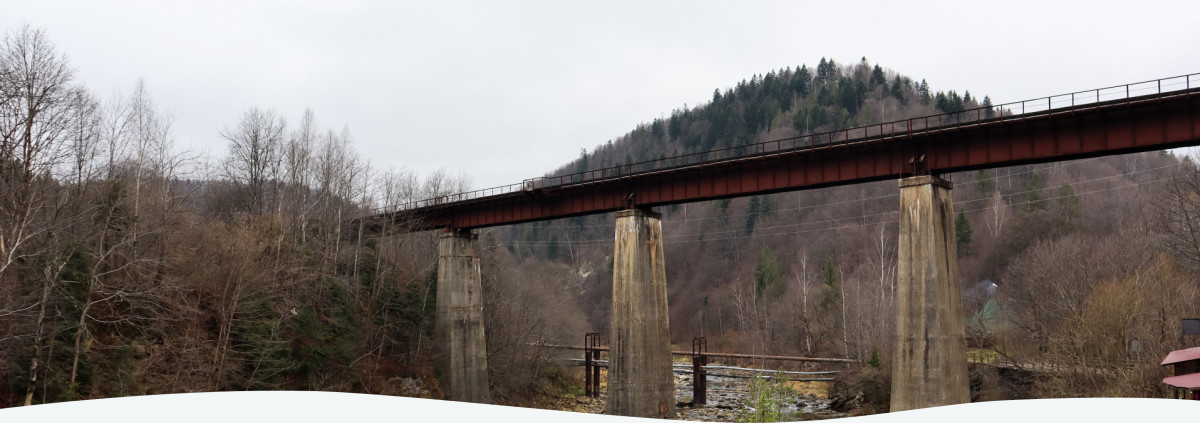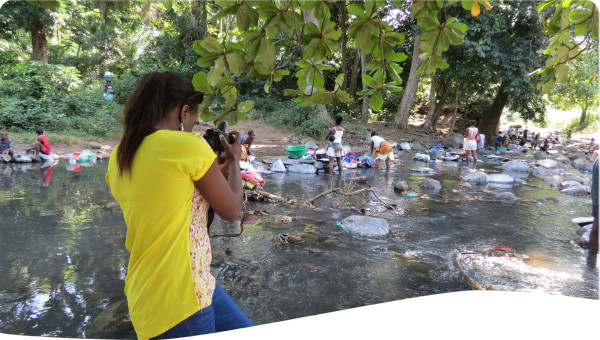In the Danube hydrographic basin, agricultural practices are the main source of water pollution. A pilot project “Best Agricultural Practices” was initiated, focusing on nutrient management, conservation tillage and manure management. Awareness campaigns were initiated, training and education of farmers were emphasised. The key lesson is that these projects should be complemented by other technical and investment measures. Case Studies illustrate the experiences gathered with implementing IWRM.
Recent studies confirm that agriculture continues to be the main source of water pollution in the Danube hydrographic basin, including nitrogen pollution (27%) and phosphorus pollution (19%). The Living Water Exchange: A GEF/UNDP project promoting nutrient reduction best practices inventoried 138 discrete nutrient reduction practices in the river basin.
These were low cost interventions such as wetlands restoration or agri-nutrient management implementation for an overall nutrient reduction system. The Best Agricultural Practices (BAPs) were showcased in pilot demonstrations leveraging key GEF investments to replicate throughout the region.
The practices included riparian buffers, nutrient management, manure management, organic production systems, erosion control and conservation tillage (residue management), grazing management, wetland restoration, cover crops. These were selected due to their high potential impact for reducing nitrogen and phosphorous from agriculture in the region as assessed by the project team expert judgment. One such application of BAP was tested in Prut River Basin, near Slobozia Mare in Moldova.
The Slobozia Mare, Moldova demonstration project: “The Decrease of Water Pollution Sources in Prut river basin” focused on the promotion and implementation of the BAP was carried by Ecological Counseling Center in cooperation with local municipality Slobozia Mare.
The location area represents a wetland of global importance of last tributary of the Danube in the Prut River area. It aimed at reducing nutrient pollution from agricultural sources in the Prut River basin as well as increasing awareness, knowledge and interest of the population from localities along the Prut River (Cahul District) especially in Slobozia Mare.
The project worked with local stakeholders to construct a manure composting facility, demonstrate proper composting procedures, encourage the use of composted manure as a nutrient source for “ecological agricultural production” and raise awareness of best agricultural practices in the area.
One other important aspect of the project was raising the capacity to reduce diffuse sources of organic water pollution in Slobozia Mare through facilitating the access to specific information regarding implementation of best agricultural practices.
Activities undertaken within implementation phase ranged from community engagement to capacity building among local farmers.
A centralized manure composting facility was built, creating an opportunity to educate farmers on proper application methods, crop and field management to optimize nutrient use and minimize loss.
A demonstrative garden with practical application of BAP was created by the project. This has helped to empower communities to take concrete measures and build a platform for manure depositing and composting hence the reduction of the diffuse organic pollution in the Prut River Basin.
Awareness campaigns were developed for the populations from localities along the Prut River Basin with a series of meetings and ecological lessons for teachers, students and pupils. Also, a train-the-trainer session on ecological issues was held for local geography teachers; joint meetings were organized with other nearby communities; and leaflets, brochures, and posters were published to highlight ways to change behavior.
Training and education of farmers in composting, manure use and other best agricultural practices were done in relation to the following:
- Types of agricultural systems, biodiversity ensuring ecosystem protection
- Agriculture and water, soil, air, biodiversity, pesticides
- Pollutant agriculture
- Techniques for appropriate fertilizers applications
- Ecological solutions for pollution reduction
- Manure composting and the correct use of the compost as fertilizer.
The project helped to build awareness of composting and best agricultural practices through informational leaflets, posters, and brochures. Similarly, a TV report including dissemination of the information regarding the project, best practices implemented in the framework of this project, its results, beneficiaries, financing authority, etc, was conducted. To enhance the capacity building in best agricultural practices, three meetings and four trainings were conducted regarding the collection of manure and depositing to the platform involving multiple stakeholders i.e., local farmers, representatives of Agricultural Department from Cahul District Council, representatives of mayoralty Slobozia Mare, ECC Cahul volunteers and others. Five ecological lessons with local schools using curricula developed and demonstrated. The construction works of the manure platform for depositing and composting was started near the garbage dump of the village Slobozia Mare (with a surface of 200 m² and volume of 300 m³) which is located on the territory of kindergarten of Slobozia Mare.
The quality of surface and groundwater in the project area was improved, benefitting the Prut River. There has also been improvement in agricultural yields and market value as a result of proper use of compost and manure.
Interaction with the GEF/World Bank Agricultural Pollution Control Project, which developed small and large platforms. The small platforms shared by farms are being utilized but the large platforms do not have funds to transport the manure so they remain unused.
Successful implementation of BAP projects depends on the local enabling environment such as:
- Awareness and buy in from the village and farmers
- Mayoralty commitment to address transportation issues.
BAP programs should be complementary to other technical and investment measures including management of runoff water and municipal waste water.
 Case studies
Case studies
